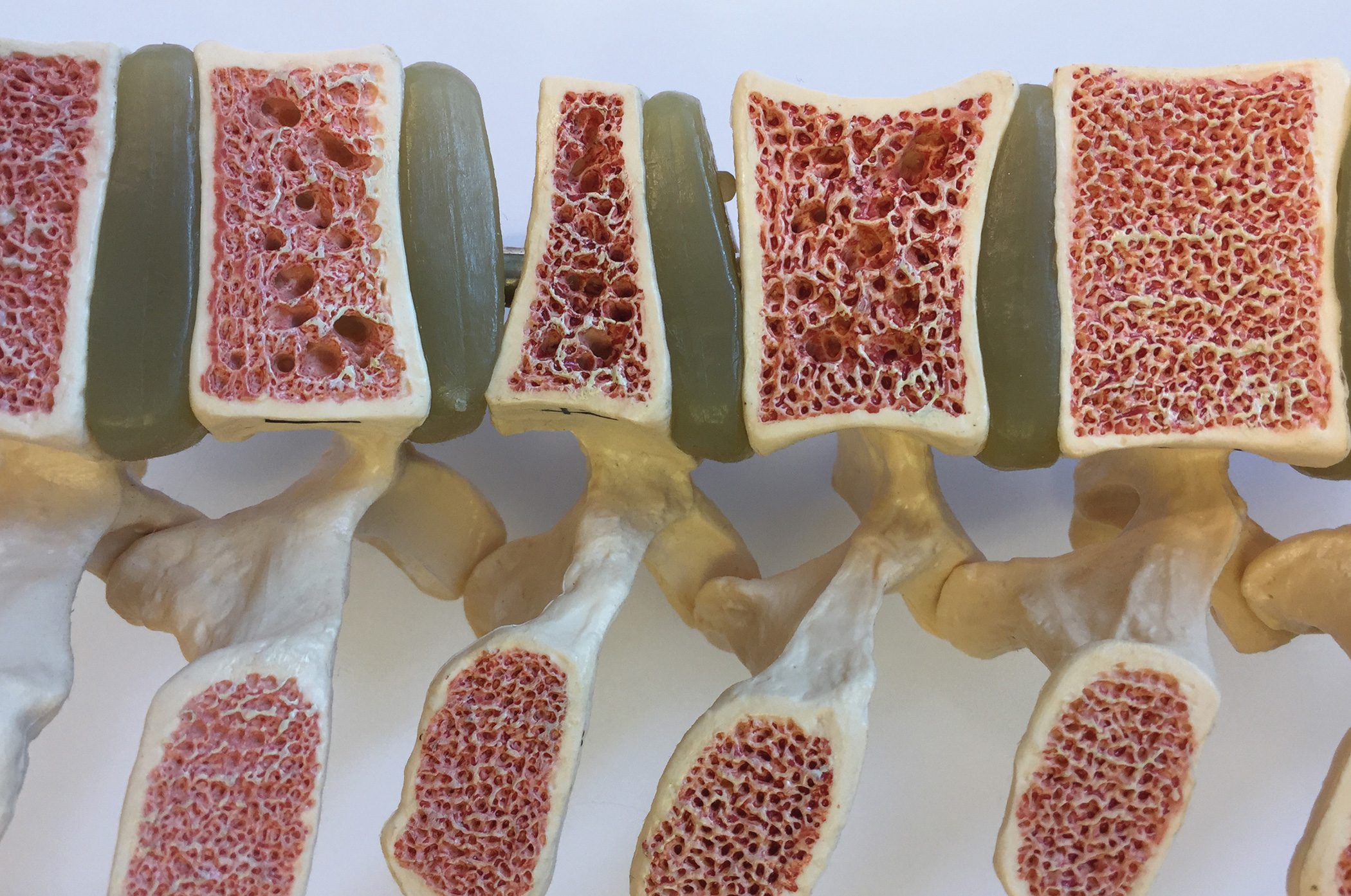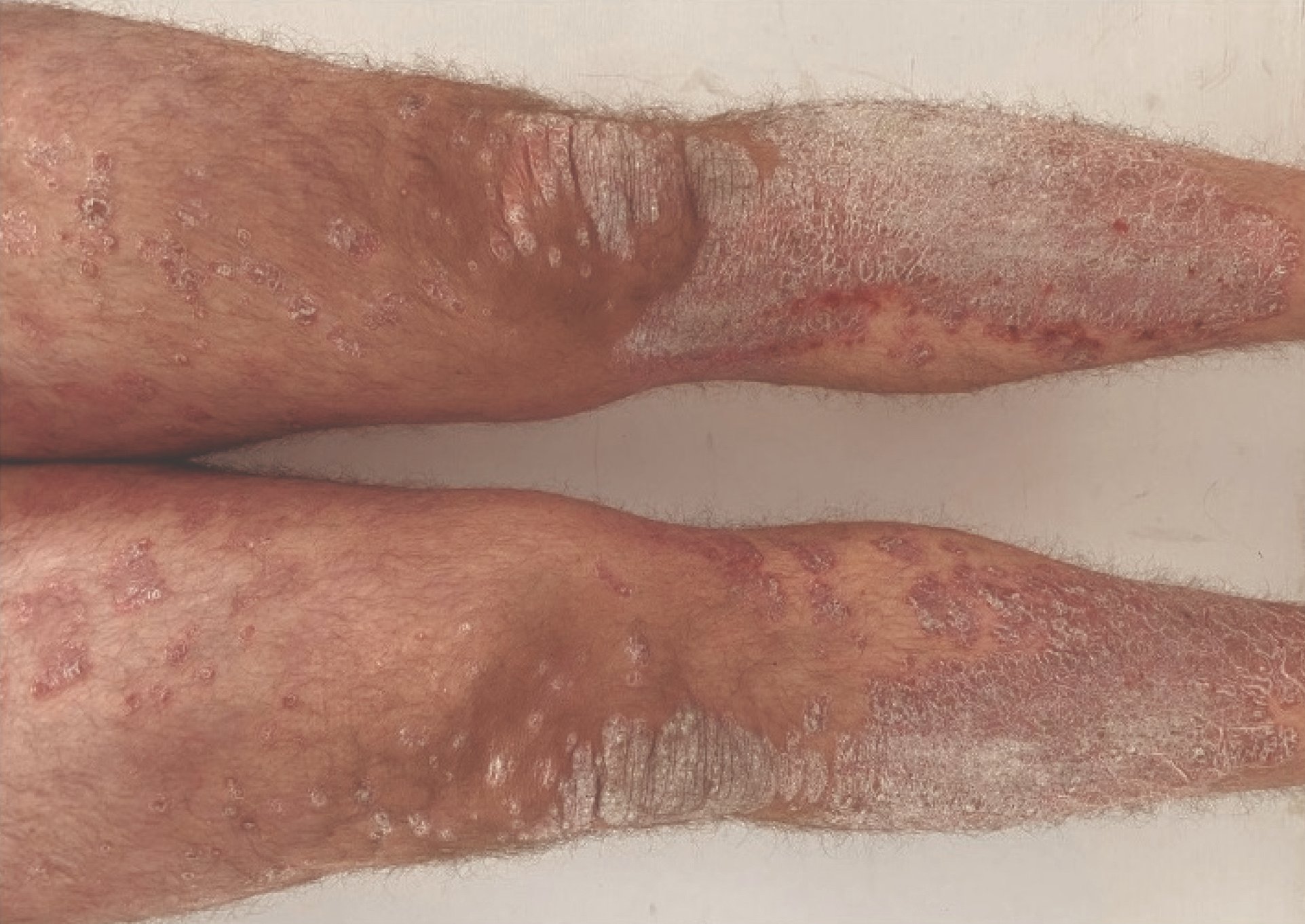The treatment options for locally advanced and metastatic forms of cutaneous squamous cell carcinoma (cSCC) have improved considerably thanks to immunotherapy with PD-1 inhibitors, as several clinical studies have impressively demonstrated. In order to provide affected patients with the best possible therapy, interdisciplinary tumor boards play an important role. This is also emphasized in the update of the European guideline published in 2023, which also summarizes the most important evidence-based recommendations for the treatment of advanced-stage cSCC.
In Germany and Switzerland, too, there is a continuing trend towards an increasing incidence of skin cancer.
The etiology of cSCC is multifactorial and, in addition to a genetic predisposition, includes exogenous trigger factors, above all ultraviolet (UV) radiation, reported Prof. Dr. med. Axel Hauschild from the University Medical Center Schleswig-Holstein [1].
80% of cSCCs are localized in the head and facial area or in chronically UV-exposed areas [2].
People who spend a lot of time outdoors and the over 70 age group are particularly at risk.
The average age of those affected by cSCC is around 70 years [3].
A large proportion of cSCC arises from precursor lesions such as actinic keratoses and squamous cell carcinoma in situ
Immunotherapy achieves comparatively high response rates
Locally advanced and metastatic forms of cSCC that are not eligible for curative surgery or curative radiotherapy have an unfavorable prognosis and pose a therapeutic challenge (Fig. 1). This group makes up a minority of the cSCC patient population; the majority are immunocompromised and organ transplant patients [6,7]. The speaker emphasized the importance of interdisciplinary tumor boards in order to provide these patients with the best possible treatment [1]. While the treatment options for advanced cSCC used to be largely limited to conventional chemotherapy and targeted therapy, immunotherapeutic agents now offer significantly better results [8]. The two PD-1 inhibitors cemiplimab and pembrolizumab bind to the PD-1 receptor, which inhibits interaction with the ligands PD-L1 and PD-L2, which are found on the tumor cells, among others. This stimulates T-cell proliferation, cytokine production and the immune response against the cancer cells [9–11]. The response to PD-1 inhibition is reported to be 34-52% in inoperable disease (stage la) and metastatic disease [12].
Cemiplimab and pembrolizumab as recommended treatment options
Cemiplimab achieved an objective response in 47% of patients in metastatic cSCC in the primary analysis of the phase II study, with evidence of durable response and disease control [9].
In locally advanced cSCC, cemiplimab achieved a response rate of 44% in a single-arm phase II study in an open-label design (n=78) with a treatment duration of ≤96 weeks
Pembrolizumab achieved an objective response rate of 50% and a complete response (CR) rate of 17% in the Phase II KEYNOTE-629 study in locally advanced unresectable cSCC (n=54) [12,13]. 37% of patients who responded to the therapy showed a lasting response of at least 12 months. In patients with locally advanced recurrent or metastatic cSCC (n=105), the objective response rate was 35% with a CR rate of 10%. A sustained response of at least 12 months was reported by 68% of responders at [12,13].
| By definition, it is an invasive cutaneous squamous cell carcinoma if the basement membrane below an intraepithelial keratinocytic proliferation in non-traumatized skin is histomorphologically detectable [2].
Classification is based on histological and clinical parameters according to the currently valid TNM** systems of the UICC& or the AJCC$ [2].
Traditionally, a clinical classification is made into “low-risk” tumors of ≤20 mm and “high-risk” tumors of >20 mm tumor diameter (clinical parameter).
For low-risk cSCC, surgical excision is still considered first-line therapy |
| ** TNM = “Tumor”, “Nodes”, “Metastases” |
| & UICC = Union Internationale Contre le Cancer |
| $ AJCC = The American Joint Committee on Cancer |
In addition, ongoing studies are investigating the use of cemiplimab and pembrolizumab in the neoadjuvant setting [14]. By definition, a neoadjuvant approach aims to shrink the tumor in order to make it accessible to other potentially curative techniques.
Congress: EADO Annual Meeting (Paris)
Literature:
- «What is new in advanced non-melanoma skin cancers?», Prof. Dr. med. Axel Hauschild, Keynote Lecture 3, EADO Annual Meeting, 04.–06.04.2024.
- «Aktinische Keratose und Plattenepithelkarzinom der Haut», Version 2.0 – Dezember 2022, AWMF-Registernummer: 032/022OL. https://register.awmf.org, (last accessed 31.07.2024).
- Brantsch KD, et al.: Analysis of risk factors determining prognosis of cutaneous squamous-cell carcinoma: a prospective study. Lancet Oncol 2008; 9: 713–720.
- Martincorena I, et al.: Tumor evolution. High burden and pervasive positive selection of somatic mutations in normal human skin. Science 2015; 348: 880–886.
- Jiang R, Fritz M, Que SKT. Cutaneous Squamous Cell Carcinoma: An Updated Review. Cancers 2024; 16(10): 1800. https://doi.org/10.3390/cancers16101800.
- Stratigos AJ, et al.: EADO, EDF, ESTRO, UEMS, EADV and EORTC. European consensus-based interdisciplinary guideline for invasive cutaneous squamous cell carcinoma. Part 1: Diagnostics and prevention-Update 2023. Eur J Cancer 2023; 193: 113251.
- Stratigos AJ, et al.: EADO, EDF, ESTRO, UEMS, EADV and EORTC. European consensus-based interdisciplinary guideline for invasive cutaneous squamous cell carcinoma: Part 2. Treatment-Update 2023. Eur J Cancer 2023; 193: 113252.
- Queirolo P, et al.: Guidelines for the diagnosis and treatment of cutaneous squamous cell carcinoma: a GRADE approach for evidence evaluation and recommendations by the Italian Association of Medical Oncology. ESMO Open 2024 May; 9(5): 103005.
- Migden MR, et al.: PD-1 blockade with cemiplimab in advanced cutaneous squamous-cell carcinoma. NEJM 2018; 379: 341–351.
- Migden MR, et al.: Cemiplimab in locally advanced cutaneous squamous cell carcinoma: Results from an open-label, phase 2, single-arm trial. Lancet Oncol 2020; 21: 294–305.
- Pharmawiki, www.pharmawiki.ch,(last accessed 31.07.2024)
- Grob JJ, et al.: Pembrolizumab Monotherapy for Recurrent or Metastatic Cutaneous Squamous Cell Carcinoma: A Single-Arm Phase II Trial (KEYNOTE-629). J Clin Oncol 2020; 38: 2916–2925.
- Hughes BGM, et al.: Pembrolizumab for locally advanced and recurrent/metastatic cutaneous squamous cell carcinoma (KEYNOTE-629 study): An open-label, nonrandomized, multicenter, phase II trial. Ann Oncol 2021; 32: 1276–1285.
- Zelin E, et al.: Neoadjuvant Therapy for Non-melanoma Skin Cancer: Updated Therapeutic Approaches for Basal, Squamous, and Merkel Cell Carcinoma. Curr Treat Options Oncol 2021 Mar 16; 22(4): 35.
DERMATOLOGIE PRAXIS 2024; 34(4): 38-39 (published on 30.8.24, ahead of print)
InFo ONKOLOGIE & HÄMATOLOGIE 2024; 12(4): 30-31
Titelbild: ©KGH, Wikimedia











